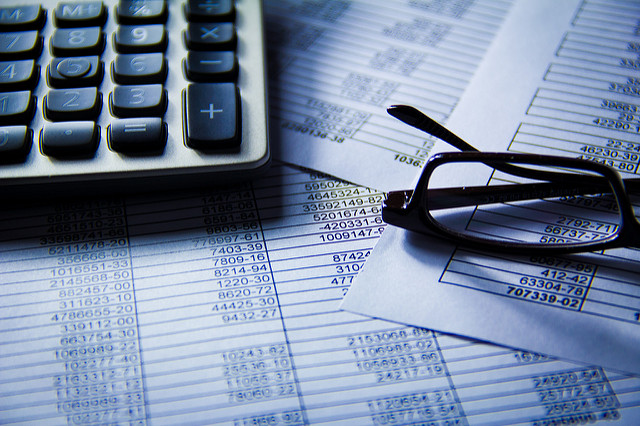Like this article? rabble is reader-supported journalism. Chip in to keep stories like these coming.
On Tuesday, Statistics Canada told us that what we loosely refer to as the economy grew in the first quarter of this year at an annualized rate of 2.4 per cent.
That seemingly good figure is deceptive, because it is lower than what most economists had forecast, and all the growth was in the first month, January.
The figures are negative for February and March.
As well, the first quarter growth figure does not factor in the significant negative impact of the Fort McMurray fire.
But there is another, more fundamental, way in which economic growth figures do not tell the full story.
The growth number only describes movement in the gross domestic product (GDP), which give us, at best, a very partial picture of economic progress.
There are other, more robust and precise, ways to measure the state of an economy.
One of those is called the Index of Economic Well-being (IEWB), developed by the highly regarded Canadian-based think tank, the Centre for the Study of Living Standards.
This IEWB combines four factors: wealth, consumption, economic security and inequality.
The Centre developed this measure because GDP, alone, does not tell the full story. There’s an old joke: “Bill Gates walks into a bar and the GDP of the place goes up by 1,000 per cent.”
The Centre’s index gets us beyond the false impression such a simple reading of growth in GDP might give.
It endeavours to measure the extent to which all people — rich and poor, young and old — actually benefit from a rising GDP, or suffer from a dropping one.
The weighted aggregate of the IWEB’s four domains can show that, even when GDP moves up, well-being could remain stagnant.
GDP grows but economic well-being languishes
In fact, the Centre issued a new report on Wednesday that shows precisely such a result. The report says that in the six years following the recession of 2008 Canada’s economic well-being “failed to advance.”
We were told, not that long ago, that our GDP had recovered from the losses suffered during the recession, and was now moving, however slowly, upward.
The Centre for the Study of Living Standards’ IWEB report provides a big caveat to that (mildly) hopeful scenario.
The new IWEB report says that while total consumption in Canada increased over the six-year period (2008-20014), the other three indicators — wealth, economic security and equality — all declined.
And so, if you suspect that you and your family have somehow failed to benefit from notional growth in the economy, your suspicions may be well founded.
The Centre points out that since it started measuring well-being, in 1981, the IWEB has always lagged behind growth in GDP per capita.
From 1980 to 2008, IWEB growth was about half of that of the GDP.
The gap was even greater in the 2008 to 2014 period. However tepid the rate of GDP growth was in the post recession period, it was still four times that of well-being. The IWEB was virtually stagnant from 2008 to 2014, stuck at a bit more that one tenth of one per cent annually.
The Centre breaks the IWEB index down by province, and shows that well-being was lower in six of them: Newfoundland and Labrador, Prince Edward Island, Ontario, Saskatchewan, Alberta, and British Columbia. By contrast, the report says, all 10 provinces experienced higher levels of economic well-being in previous reports.
Canada is in 11th place, out of 14 OECD countries
It is a gloomy picture that should dispel any false optimism generated by the picture of economic growth corporations and the business media sometimes paint.
And, for Canada, it becomes even gloomier when we see how we stack up against other advanced, developed countries.
The Centre provides the IWEB for 14 OECD countries. It shows that Canada ranked a poor 11th out of 14.
Only Spain, Italy and the United States lagged behind Canada.
The case of the United States is instructive.
Although it is in first place for one domain, consumption, it suffers such extreme inequality and economic insecurity that, when all four measures are combined, the U.S. drops to a distant 12th place.
Some candidates in the current U.S. presidential race are attempting to talk about their country’s poor standing in terms of general economic well-being. Well, maybe, only one candidate. But you do not hear too many echoes of that talk in the U.S. media.
The new Liberal Canadian government did campaign on a promise to deal with what it described as stagnation in economic prospects for the middle class.
If they want to know what really ails the Canadian economy, however, the economic mavens of the Liberal party would be well advised to carefully read the Centre for the Study of Living Standards’ newest report.
Photo: flickr/Ken Teegardin



